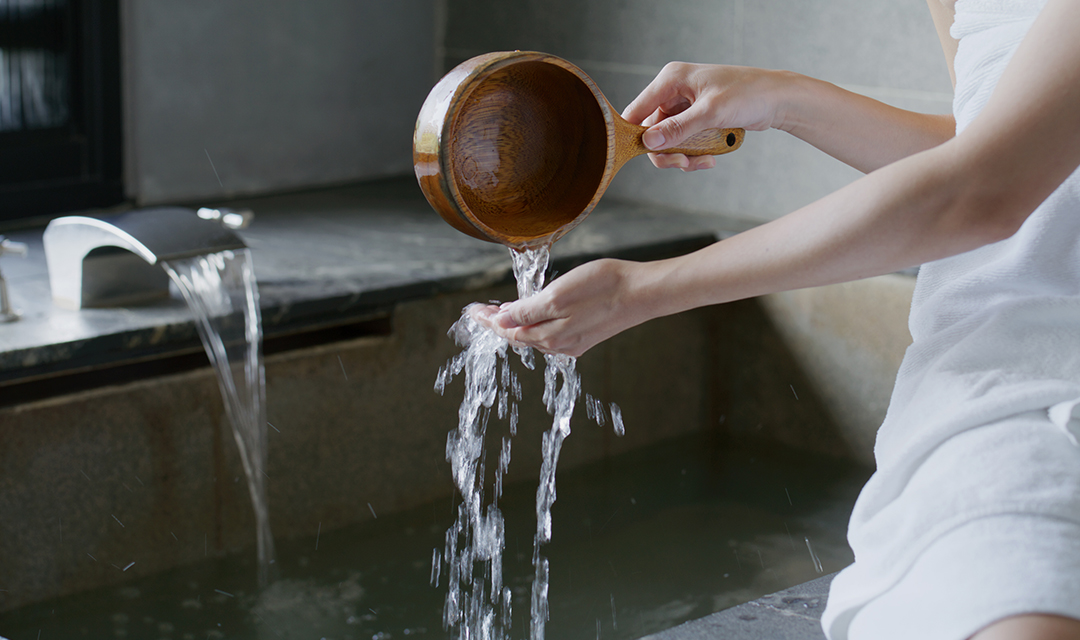Insight Allergy & Immunology – Eczema, also known as atopic dermatitis, is an uncomfortable skin condition that causes dry and flaking skin, redness, intense itching, and even pain when the skin begins to crack and bleed. It occurs when the immune system overreacts to minor allergens or irritants, including dust mites, pet dander, soaps, and chemicals. Extreme temperatures, dry air, and high humidity can also trigger eczema, which is why flare ups are more prevalent in the summer months or when the skin is exposed to dry winter air.
Although there is currently no cure for this condition, there are a number of effective treatment and management options that can be administered by immunologists, such as topical/oral steroids, immunosuppressants, and biologics. For minor flare ups, however, there are also many effective home solutions that can help you get your symptoms under control. Here are five fast at-home fixes for treating eczema.

Moisturize Often
Moisturizing your skin is a crucial aspect of managing eczema flare ups. Not only does it restore and maintain the skin’s barrier so moisture can’t escape and allergens or irritants can enter the affected area, but it also reduces dryness, flaking, and itching. Products that contain ceramides and hyaluronic acid, such as CeraVe Moisturizing Cream, are a great choice for restoring the skin barrier and retaining moisture. Products that contain petroleum jelly, such Aquaphor Healing Ointment, provide a protective barrier and soothe dry, cracking skin. Also watch for products with colloidal oatmeal, such as Aveeno Eczema Therapy Moisturizing Cream, to protect the skin and reduce irritation. Most people should generously apply moisturizers at least twice a day, especially after bathing or washing your hands.
Avoid Irritants
If you are experiencing eczema, it is likely the products you use are contributing to your symptoms. Irritants such as harsh soaps and detergents are known to remove natural oils from the skin, which can lead to dryness. Products with fragrances, including body washes, laundry detergents, and perfumes, can also irritate eczema-prone skin. Whenever possible, choose fragrance-free, hypo-allergenic, or mild options that are designed to be gentle on skin. Many household products are specifically designed for people with eczema and will include the National Eczema Association’s NEA Seal of Acceptance.

Take a Warm Bath
Baths can be a safe and effective way to relieve eczema when done correctly. This is because baths help remove irritants like dirt and sweat while also allowing the skin to absorb moisture and hydrate. Always use lukewarm water (not hot) and limit your time to no more than 15 minutes to prevent drying your skin. Adding colloidal oatmeal, epsom salt, or baking soda to the bath will reduce itching and inflammation. When using cleaners, select fragrance-free or mild versions and avoid scrubbing the skin harshly. And don’t forget to apply your moisturizer within a few minutes of your bath to lock in moisture!

Choose Soft, Breathable Fabrics
One common contributor to eczema that you may not have considered is your choice of clothing. Certain fabrics such as wool or synthetic materials can irritate sensitive skin, causing inflammation and itching. Loose-fitting fabrics such as cotton or linen are much better choices that will allow your skin to breathe and better regulate body temperature to reduce sweating. Whenever possible, opt for organic clothing, which does not contain chemicals or other irritants commonly found in clothing. Also watch for clothing that uses moisture-wicking materials, which keeps moisture away from the skin in both hot and cold climates.
Try Over-the-Counter Products
In addition to the moisturizers mentioned above, there are a number of over the counter products that are safe and effective in treating mild cases of eczema. Hydrocortisone creams and antihistamines (e.g. Benadryl, Claritin) can reduce inflammation and itching. Products with coal tar or essential oils like tea tree can also soothe the skin and provide relief. As always, over-the-counter products should be used as directed on the label. It’s always a good idea to patch test new products on small areas of the skin to ensure they will not cause further irritation. If you do not see improvement after using over-the-counter products, you should consult a healthcare provider.

From moisturizing to avoiding irritants and trying over-the-counter products, there are a number of home remedies that can help you get relief when an eczema flare up occurs. Although many cases of mild eczema can be managed at home, if you are experiencing intense itching, a widespread rash, severe pain, or no improvement after a week or two, it’s time to seek professional medical care. Early intervention for eczema symptoms can prevent complications from developing and improve your quality of life. Contact Insight Allergy & Immunology today to learn more about our services and schedule an appointment.
FAQ
Q: Is there a cure for eczema?
A: Unfortunately, there is no cure for eczema. However, symptoms can be managed with the right care. Most people find success treating eczema with a combination of medications, lifestyle changes, and home remedies.
Q: Is eczema contagious?
A: No. Eczema is a chronic skin condition that is caused by a combination of genetic and environmental factors. It cannot be spread from person to person through direct contact.
Q: What is the difference between eczema and psoriasis?
A: Eczema and psoriasis are both chronic skin conditions that look similar and cause inflammation and discomfort. However, the biggest difference between the two is their underlying causes. Psoriasis is an autoimmune disease that causes the skin cells to grow too fast, forming a white scale. Eczema is caused by genetic and environmental factors, which can produce an itchy skin rash.

